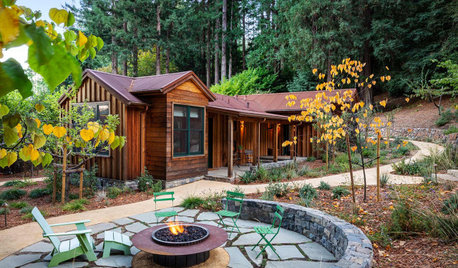preventing blackberry syrup from jelling
olpea
14 years ago
Related Stories

MOST POPULAREasy Green: 23 Ways to Reduce Waste at Home
Pick from this plethora of earth-friendly ideas to send less to the landfill and keep more money in your pocket
Full Story
FALL GARDENING7 Reasons Not to Clean Up Your Fall Garden
Before you pluck and rake, consider wildlife, the health of your plants and your own right to relax
Full Story
EDIBLE GARDENSHow to Grow 10 Favorite Fruit Trees at Home
Plant a mini orchard in fall, winter or early spring to enjoy fresh-off-the-tree fruit the following year
Full StorySponsored
Central Ohio's Trusted Home Remodeler Specializing in Kitchens & Baths
More Discussions






ksrogers
readinglady
Related Professionals
Franconia Landscape Architects & Landscape Designers · Kyle Landscape Architects & Landscape Designers · Taylorsville Landscape Architects & Landscape Designers · Chelmsford Landscape Contractors · Deerfield Beach Landscape Contractors · Fort Worth Landscape Contractors · Matteson Landscape Contractors · Mequon Landscape Contractors · North Highlands Landscape Contractors · Parker Landscape Contractors · Pleasanton Landscape Contractors · Shaker Heights Landscape Contractors · Waterford Landscape Contractors · Georgetown Roofing & Gutters · Plainfield Roofing & GuttersolpeaOriginal Author
annie1992
readinglady
olpeaOriginal Author
ksrogers
Judy Warner
Ron Day